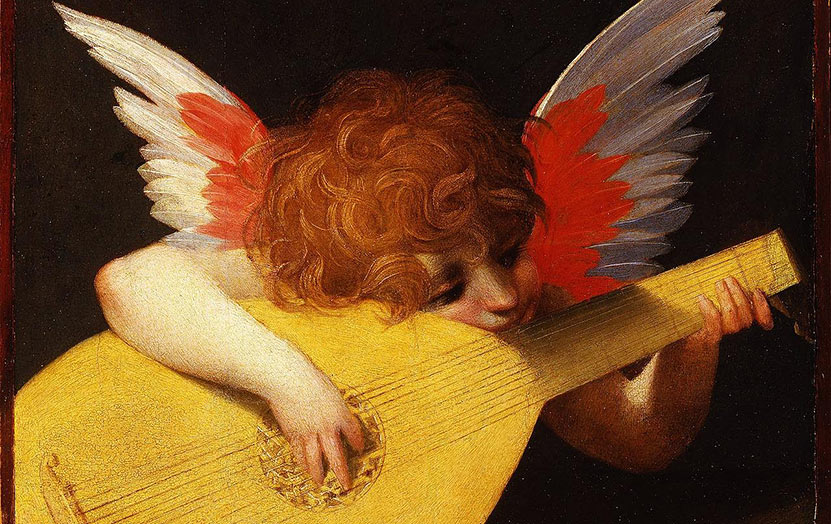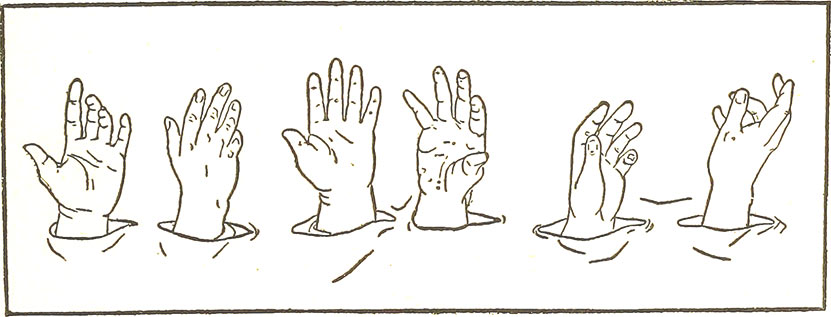Write
"It will never fail you"
By Cristina Febrer, 1st Year Philosophy, Politics & Economics (PPE)
"Antonio walked down the street slowly. After all, this would be
his last walk for weeks, who knew if months.
He breathed in deeply, exhaling the air little by little. He wanted to
He wanted to make the most of the last moments of freedom."

It will never fail you
Antonio walked down the street slowly. After all, this would be his last walk for weeks, who knew if months. He breathed in deeply, exhaling the air little by little. He wanted to make the most of the last moments of freedom.
When he arrived at the front door of his house, he stopped and rang the intercom. He continued to do so out of habit, although he knew perfectly well that it was useless: there was no one at home, she would no longer answer. He took the key and inserted it into the lock.
Weighed down, he climbed the stairs to his apartment. Upon entering, he deposited the shopping bags in the kitchen. He had acquired everything he felt he needed to survive the two weeks at least that he had to be locked up in his apartment. He emptied the bags slowly, due to his age and the fact that he was in no hurry. When each product was in its place, his feet directed him to the living room and, once there, he sat down on the couch. He turned on the television. He didn't usually do that, but lately it helped him not to feel lonely. It didn't take him long to turn it off because the images of the empty streets made the old man feel even more lonely.
What was he going to do during those two weeks, without company? What was he going to do now that his wife's absence would become more noticeable? Since she had died two months earlier, he had distracted himself with letters and with the grandparents at the senior day center, but from that moment on he had to face the sad reality that the house was empty.
"Come on, Antonio, you have to cheer up!" he said to himself, sure that he would find something to do during those days. It was true that he would not be able to go to the day center to play cards, but he could still read, watch a movie... His eyes roamed the conference room while he decided which activity he would start with, and suddenly they came across an object that adorned the back of the room. Melodies from earlier times began to occupy her mind.
He got up from the sofa, determined to take in his hands his old bandurria, which was covered with a layer of dust. Would he be able to play it again? He had not done so since his wife became ill.
He took it slowly, brought it close to his chest and, holding it tightly with both hands, went to the drawer where, as agreed, the plectrums were kept. He took one, looked for a chair to make himself comfortable and, once seated, grabbed the neck with his left hand, placed the instrument on his legs and, with the pick in his right hand, made the strings vibrate. A dissonant complaint came from the old bandurria, to which the musician responded with a grimace. Patiently he turned the pegs, tuning each string delicately. He was mentally preparing himself for the moment when he would start playing. He thought about the last time he did it: about three years ago, in the last summer he and his wife spent in town, before moving to the city to be near the hospital.
With the strings tuned, he placed his fingertips on them, closed his eyes, breathed in deeply and, without knowing very well how, the notes passed from his memory to the instrument. A sweet, intimate melody flooded the room. As if following a prompting from Euterpe, her lips opened to make way for a deep, broken, but beautiful voice. "Luisa," she sang. "Luisa," her heart whispered. For her he had sung as long as he lived, and as her life faded, the music faded with her, and with her absence all melodies ceased. And suddenly in that small room, Luisa, his wife, became present. At that moment he realized that from then on he would sing to preserve her memory.
This first song, which he had composed to celebrate Luisa, was followed by another, and another... Antonio was beside himself with joy, under the impulse to sing forever to the four winds. He felt the need for everyone to experience what he was experiencing at that moment, so he decided to go out onto the balcony of his house to offer his music to the neighbors, to the empty street, to the frightened world that had shut itself up in their homes, to Luisa who, for sure, was listening to him from Heaven.
Each of those days of confinement Antonio went out to the balcony with his bandurria. He spent hours remembering melodies, improvising, composing... He flooded the air of the neighborhood with notes full of beauty and happiness. His neighbors came out to the windows, to the terraces, to the balconies to listen to him or to join him in his singing, some even with a guitar to accompany him.
At some point, between songs, Antonio remembered something Luisa once said to him:
-Music will never fail you. The world can fail you, your friends, whoever... but music never will.
He understood why: music brought him the joy he lacked in the city and the company of that neighborhood. Music filled his spirit, bringing him closer to the divine... It made him feel free from the walls of his house, it brought him the sweet presence of his wife, who - Antonio knew - sang with him.







